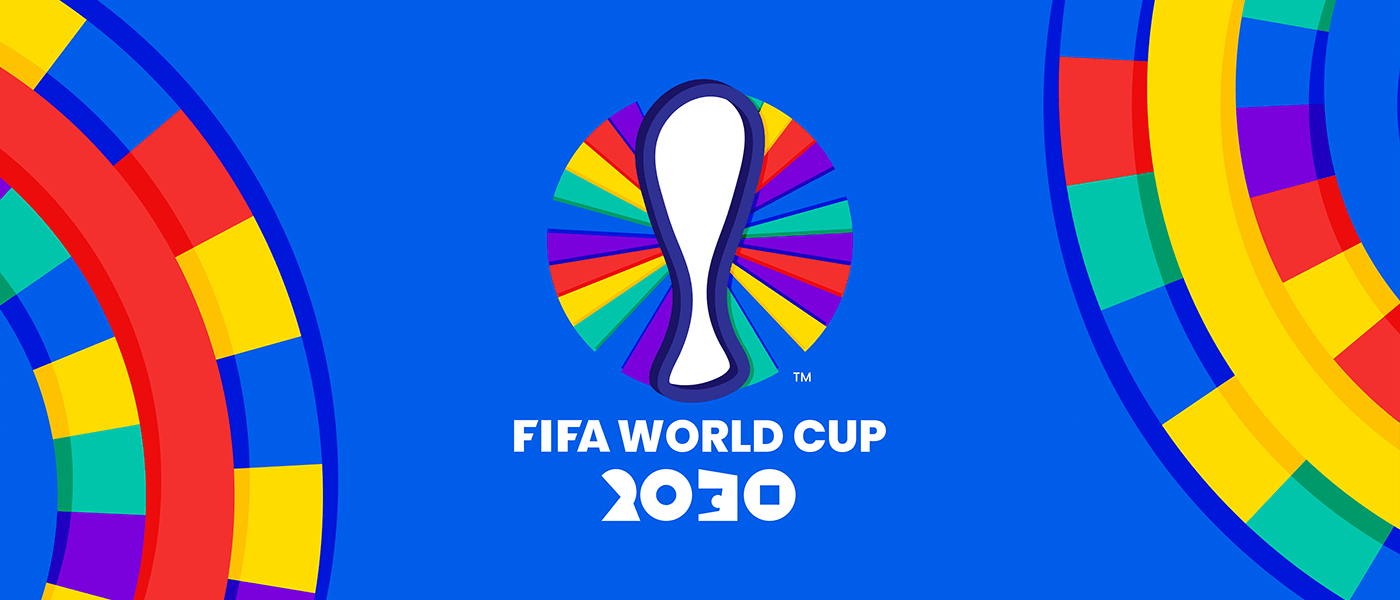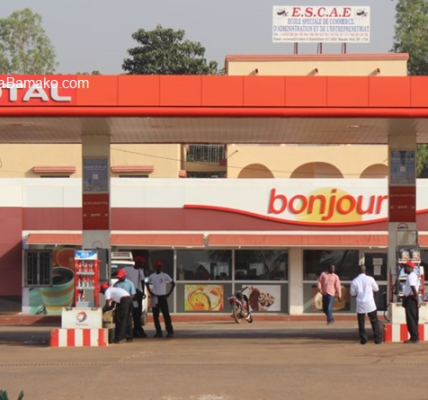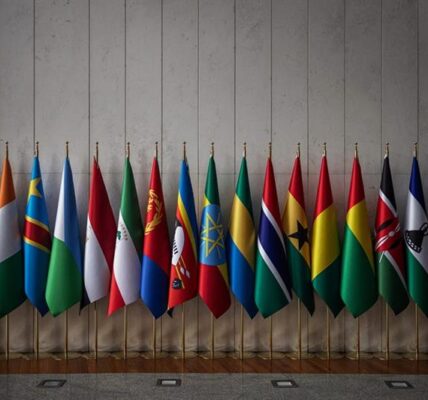2030 FIFA World Cup: Potential Expansion to 64 Teams and the Impact on Hosts Morocco, Spain, and Portugal
The 2030 FIFA World Cup, set to be co-hosted by Morocco, Spain, and Portugal, will be a historic event as it marks the centenary of the tournament. With the tournament rapidly approaching, there are discussions about expanding the competition to 64 teams, up from the previously planned 48 teams. This proposal, initially suggested by Ignacio Alonso, president of the Uruguayan Football Federation, during the FIFA members assembly on March 5, 2025, is currently under consideration by FIFA.
Expansion Proposal: A New Era for the World Cup?
The idea of expanding the World Cup to 64 teams was met with interest from FIFA President Gianni Infantino, who called it “interesting” and assured that further analysis would be conducted. The 2026 World Cup will already feature 48 teams and will be held in the USA, Canada, and Mexico. The 2030 World Cup is expected to have an exciting first round of matches hosted in South America, with Uruguay, Argentina, and Paraguay leading the commemoration of the tournament’s centenary. However, the expansion could see the competition grow even further.
If FIFA decides to move forward with the 64-team format, the three host nations – Morocco, Spain, and Portugal – would face a monumental challenge in preparing for the increased number of matches, additional stadiums, and more accommodations for both teams and spectators.
Morocco’s Stadium Preparations
Morocco is already ahead in its preparations for the 2030 World Cup, having selected six stadiums for the tournament: Agadir, Fès, Marrakech, Tanger, Rabat, and the under-construction Grand Stade Hassan-II in Casablanca. These venues are expected to host numerous matches during the tournament. Additionally, Morocco has other venues that could potentially be renovated or used depending on the final expansion decision. The Mohammed-V Stadium in Casablanca could be updated to meet the demands of the competition, and several other cities such as Oujda, Al Hoceima, Berkane, and El Jadida have CAF-approved stadiums, though they might not meet FIFA’s minimum capacity requirement of 40,000 seats for World Cup matches.
Concerns and Controversy Over Expansion
While the potential for a larger World Cup is generating excitement, there are concerns within the football community. Some Moroccan football figures, such as former international Abdeslam Ouaddou, have expressed reservations about the expansion. They worry that a larger tournament could strain player health and diminish the appeal of the World Cup, possibly leading to a less competitive environment and overextension for the teams involved.
Despite these concerns, FIFA is weighing the economic benefits of the expansion. A larger tournament could increase global viewership, boost sponsorship deals, and provide additional revenue, which may be difficult to overlook given the increasing financial demands of hosting large-scale events like the World Cup.
Conclusion: What Lies Ahead for the 2030 World Cup?
The 2030 FIFA World Cup promises to be one of the most significant in history, especially as the tournament marks its centenary. With Morocco, Spain, and Portugal ready to host, the possibility of expanding to 64 teams would bring new challenges for the organizing countries but also new opportunities for global engagement. The ongoing discussions within FIFA, along with the economic considerations and logistical hurdles, will ultimately shape the final decision regarding the expansion. The next few years will be crucial as the host countries prepare for one of the biggest sporting events in the world.




